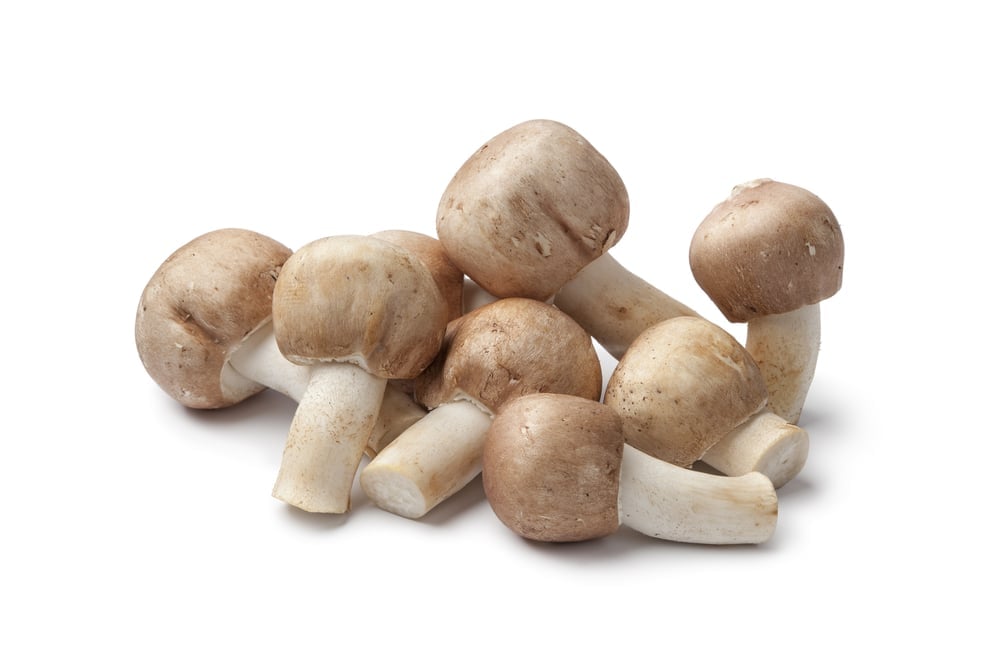
Introduction to Agaricus subrufescens Peck
Agaricus subrufescens Peck, commonly known as the almond mushroom or sun mushroom, is a cultivated edible and medicinal mushroom renowned for its somewhat sweet taste and almond aroma. This species has gained popularity worldwide, especially for its purported medicinal properties and nutritional benefits.
Taxonomy and Nomenclature of Agaricus subrufescens
The taxonomy of Agaricus subrufescens has undergone significant revisions. Originally described by Charles Horton Peck in 1893 from eastern North America, it has been synonymized with Agaricus blazei Murrill and Agaricus brasiliensis Wasser, among others. Genetic and interfertility testing by Richard Kerrigan has confirmed that Brazilian strains called A. blazei and A. brasiliensis, as well as European samples known as Agaricus rufotegulis, belong to the same species, Agaricus subrufescens Peck.
Morphological Characteristics and Appearance
Agaricus subrufescens displays a cap that ranges from white to dull reddish brown and develops small scales as it matures. The cap margin typically splits with age. The gills are free, starting whitish and turning chocolate brown to dark purplish brown as spores mature. The stipe is floccose and initially solid, becoming hollow with age, and features cottony scales near the base. The almond mushroom’s fruit bodies emit a somewhat sweet taste and an aroma reminiscent of green nuts, attributed to compounds such as benzaldehyde and methyl benzoate.
Distribution and Habitat
This mushroom species grows in rich soil, often in domestic habitats, and is found in eastern United States, Brazil, Europe, and parts of Asia. Its adaptability to various environments has facilitated its cultivation and naturalization in several international markets.
Chemical Composition and Nutritional Profile
Agaricus subrufescens is rich in crude protein and contains valuable bioactive compounds contributing to its medicinal properties. Chemical analysis reveals a composition that supports its use as a dietary supplement, with significant amounts of carbohydrates, fiber, and low fat content.
Medicinal Properties and Health Benefits
Widely recognized as a medicinal mushroom, Agaricus subrufescens has been studied for its effects on the immune system, anti-cancer activity, and potential benefits in managing chronic hepatitis and other conditions. Its bioactive compounds, including β-glucans and ergosterol, contribute to these therapeutic effects.
Cultivation Techniques and Mushroom Production
Mushroom cultivation of Agaricus subrufescens involves substrate preparation, casing layers, and environmental control to optimize fruit body production. Techniques such as compost supplementation, casing ruffling, and temperature management have been shown to improve yield and biological efficiency.
Safety and Use of Agaricus Supplement Products
While Agaricus supplement products are popular for their purported medicinal properties, safety concerns such as effects on liver enzymes and possible allergic reactions have been reported. Regulatory agencies advise caution and emphasize the need for further clinical research.
Conclusion
Agaricus subrufescens Peck stands as an important cultivated edible and medicinal mushroom with significant cultural, nutritional, and therapeutic value. Ongoing research continues to elucidate its full potential and optimize its cultivation for broader use in alternative medicine and food industries.
Masterful Display
Each and everyone of our products are deeply considered, labored over, and improved upon time and time again. We invite you to experience the difference of our carefully crafted small batches of herbal support items. Whether it be our tea line, produced for a delightful experience, or our tincture blends and extracts, we have what you need.

